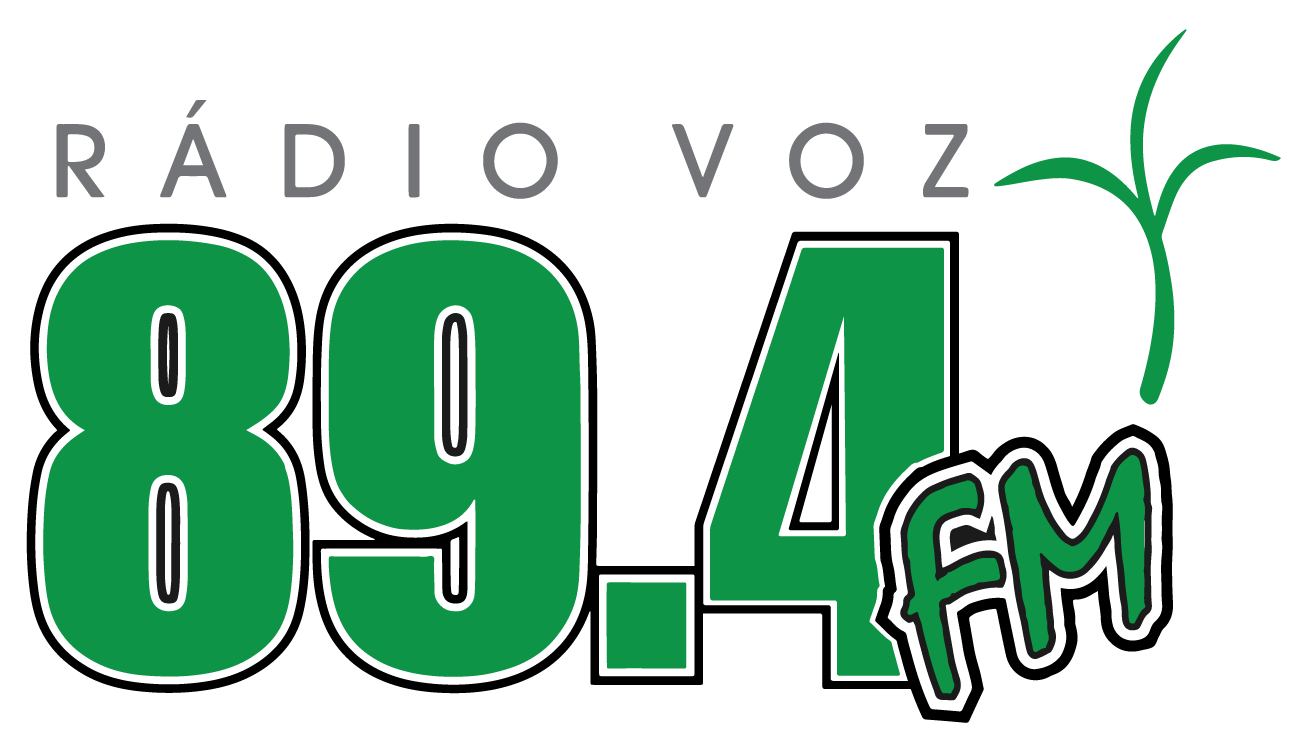‘Turn to him the other cheek.’ Matthew 5:39 NCV
Jesus said, ‘If someone slaps you on the right cheek, turn to him the other cheek also.’ In Jesus’ day, society was built around shame and honour. The left hand was considered unclean; it was not to be used for eating—or for hitting. So a blow to the right cheek would be done with the backhand. It was a way to publicly insult someone. A backhanded slap was something done only to a social inferior, such as a slave or a child. So when someone insults you, what should you do? Everyone expects one of two responses: retaliation or cowering.
Jesus is saying, ‘Your safety and your honour are in the hands of your heavenly Father.’ So now we get creative. One possibility is that we could turn the other cheek. Our enemy can’t backhand our left cheek. Either he has to fight you as an equal, which he doesn’t want to do, or he has to find a nonviolent way to resolve the conflict.
So, who do you get insulted by? ‘Slaps’ often take the form of barbs, digs, and ‘backhanded’ comments. Someone demeans [puts down] your idea at work. Someone accuses you falsely at home. A relative says something judgemental about you. What is your first instinct—retaliation, fear, or both? With the Holy Spirit helping you, there’s a new possibility. Don’t run and hide. Don’t strike back. Confront the other person with honesty and strength. Be creative, patient, and active. Lovingly work towards reconciliation. It is the reason the Bible calls the Christian life a ‘high calling’. (Philippians 3:14 KJV)
So, the next time someone upsets you, ‘Take the high road!’
SoulFood: 1 Pet 1–5, Luke 12:13–21, Ps 119:25–32, Pr 17:11–15
The Word for Today is authored by Bob and Debby Gass and published under licence from UCB International Copyright ©

